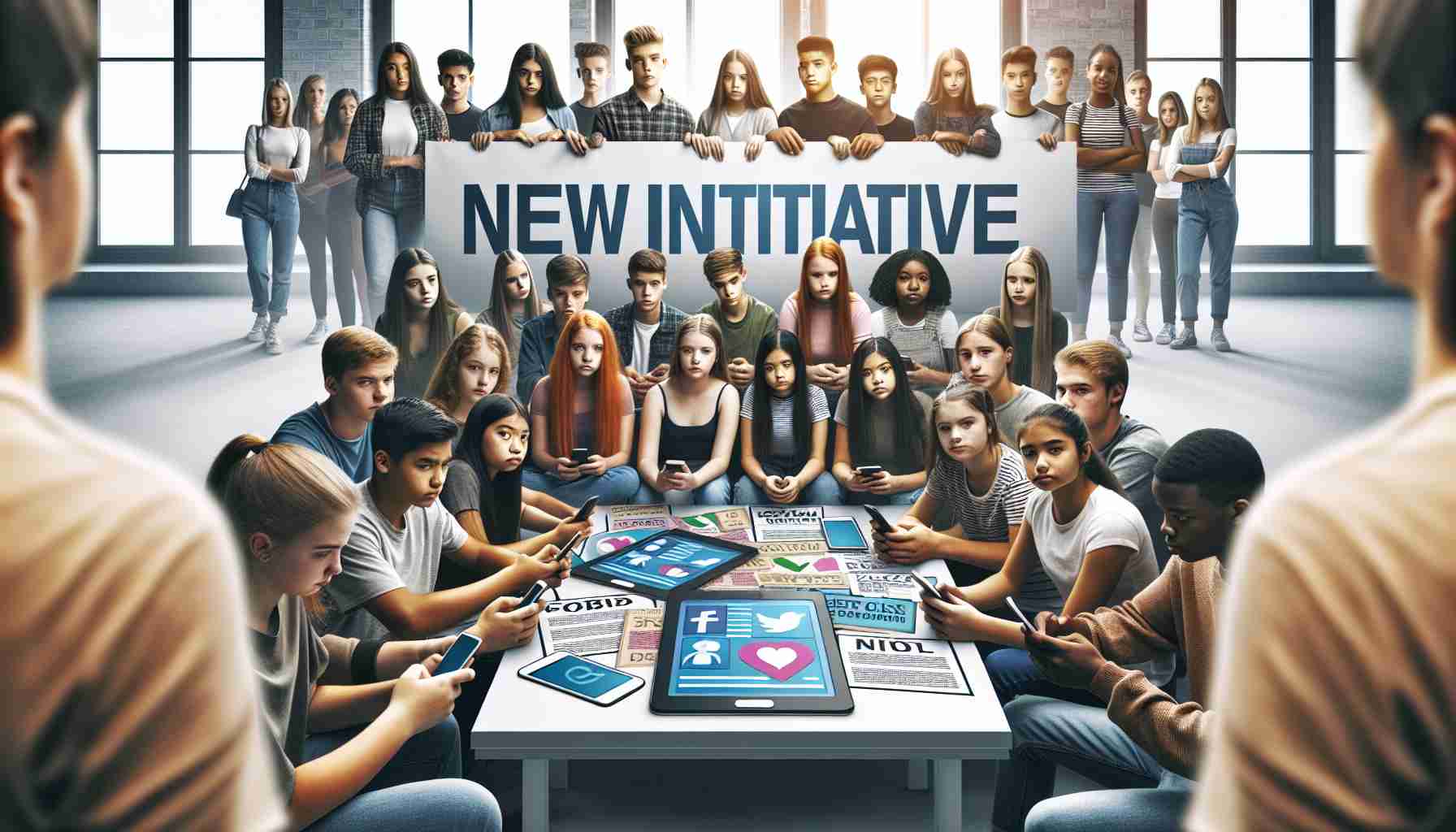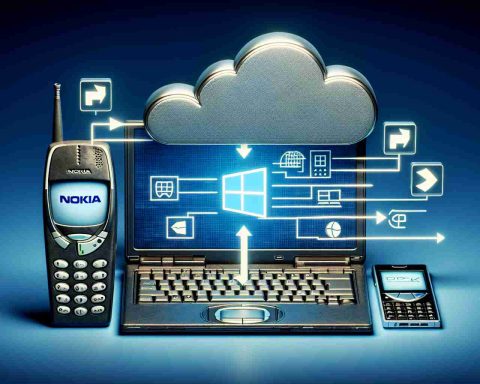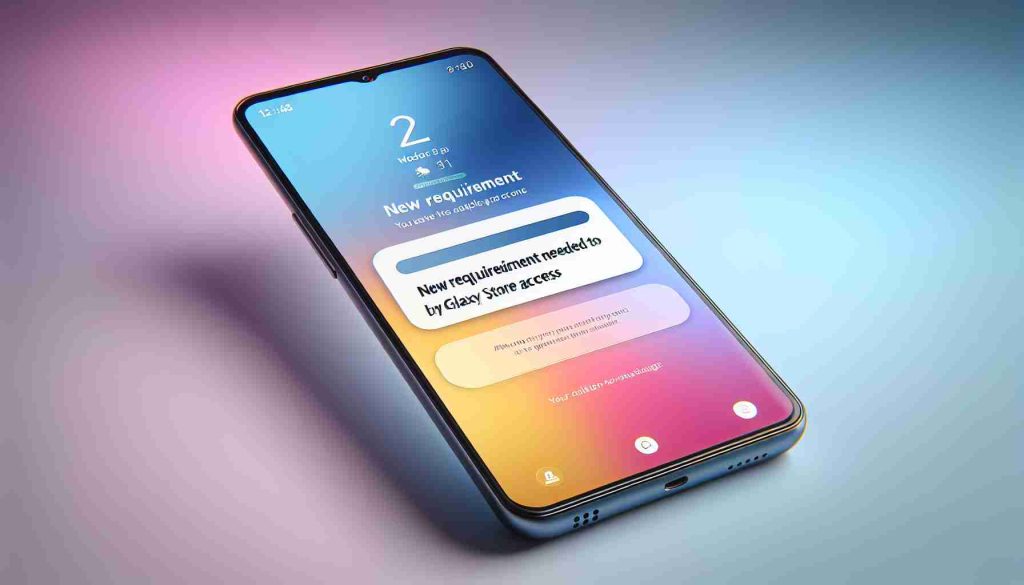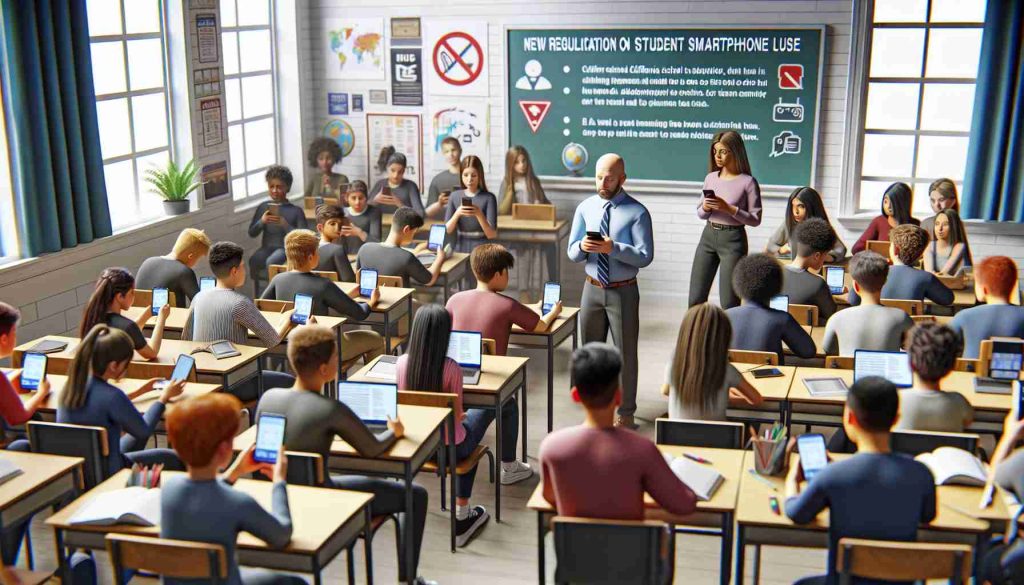Recently, a significant initiative was introduced in the Italian Senate calling for restrictions on smartphone and social media access for individuals under the ages of 14 and 16. This petition, spearheaded by healthcare professional and therapist Alberto Pellai, along with respected educator Daniele Novara, has garnered nearly 50,000 signatures. The support includes endorsements from prominent psychiatrists, psychologists, and notable public figures from the entertainment industry.
In response to the need for guidance on technology use, Novara asserted the importance of assisting adults—parents and educators alike—in teaching younger generations to navigate the complexities of modern technology, particularly smartphones, which have rapidly entered daily life.
The press conference highlighted the initiative’s bipartisan support, featuring contributions from Senator Simona Malpezzi of the Democratic Party and Lavinia Mennuni from Brothers of Italy. Malpezzi emphasized the urgent nature of the current situation, advocating for immediate action beyond traditional educational approaches to address the issue.
Moreover, the proposal, which has now been submitted to the Chamber of Deputies by legislator Marianna Madia, includes provisions to verify users’ ages on social media and internet platforms. The suggested minimum age for platform access is set at 15, marking a crucial step towards ensuring responsible usage among minors. Esteemed figures such as Senators Elena Sironi and Carlo Calenda reportedly attended the gathering, indicating a collective effort towards achieving a safer digital environment for youth.
Empowering Youth in the Digital Age: Tips and Life Hacks
In light of the recent initiative aimed at restricting smartphone and social media access for individuals under 14 and 16 in Italy, it’s crucial to equip both parents and educators with effective strategies to guide young users through the complexities of modern technology. Here are some valuable tips, life hacks, and interesting facts to foster responsible digital habits among the youth.
1. Set Clear Boundaries: Establish specific rules regarding screen time. Create a family technology agreement that outlines acceptable use, including when and where devices can be used. A consistent approach helps children understand the importance of moderation.
2. Educate About Digital Footprints: Teach kids about the permanence of the internet. Explain how social media posts can have long-term repercussions. Encourage them to think before they share, emphasizing the idea of a digital reputation.
3. Lead by Example: Model good digital behavior. Show your children how to use technology responsibly by being mindful of your own screen time and demonstrating respectful online interactions.
4. Encourage Offline Activities: Promote engagement in physical activities, arts, or hobbies that do not involve screens. Encourage participation in sports, reading, or board games to foster a balanced lifestyle.
5. Utilize Parental Control Tools: Leverage parental control features on devices and apps to monitor usage, block inappropriate content, and set time limits. Many smartphones and tablets offer built-in tools to help manage a child’s online experience.
6. Open Lines of Communication: Foster an environment where children feel comfortable discussing their online experiences with you. Regular discussions about what they encounter on the internet can help navigate challenges together.
7. Explore Educational Apps and Games: Encourage the use of educational apps that promote learning while being entertaining. Programs that develop critical thinking and creativity can be both fun and beneficial.
8. Stay Informed About Technology Trends: Keep abreast of new apps and social media platforms that may appeal to youth. Understanding these tools helps you guide conversations about their use and the associated risks.
Interesting Facts: Did you know that studies show children who spend excessive time on screens may experience increased anxiety and depression? According to a report by the American Academy of Pediatrics, balanced media use can enhance social skills and academic performance.
Lastly, acknowledge that introducing guidelines and restrictions is part of adapting to the digital era. By implementing these strategies, parents and educators can empower young users to make informed choices and enjoy the benefits of technology while minimizing its risks.
For more resources and information on responsible technology use, visit Common Sense Media and Family Online Safety Institute.




























